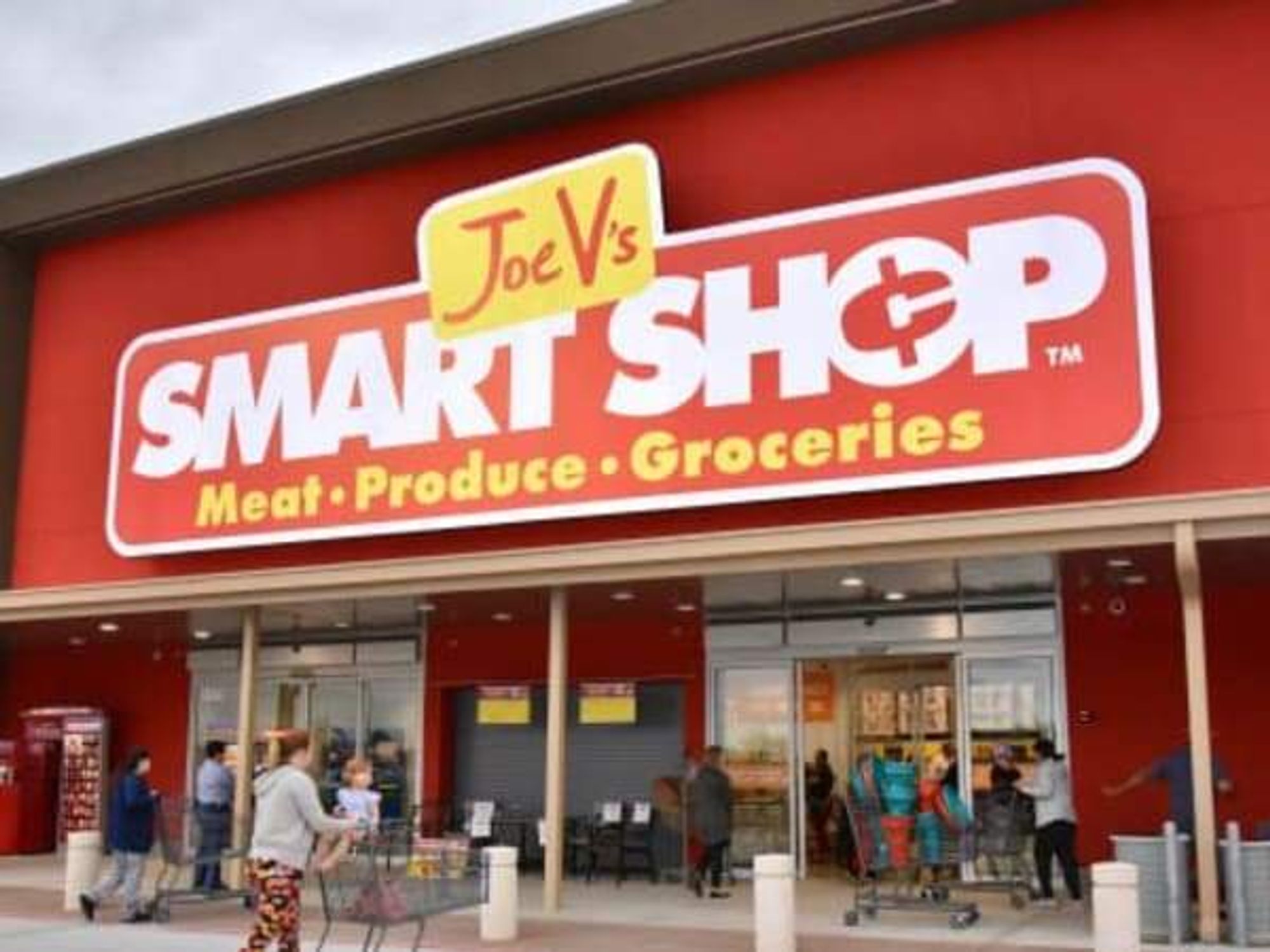Social News
The one thing Dallas restaurants want most these days is to be social

Everything is social these days. Social media, social networks, social justice, social restaurants.
Especially social restaurants.
Putting "social" in your name has become the biggest name trend in restaurants since the famous + sign epidemic of 2017. (RIP Proof + Pantry.) Consider some of the openings Dallas-Fort Worth has seen in the past few years:
- Cedars Social
- Oak Cliff Social Club
- Punch Bowl Social
- Social House
- Acme Social Club
- Social Pie
- Maplewood Private Social Club
- Velvet Curtain Social Club
- Grayson Social
- Tradewinds Social Club
- Sidecar Social
And it's not just in Dallas (although it's prevalent in Dallas). Cities across the country are getting social: from Baltimore's Bond Street Social to Leo's Italian Social in Cleveland to Social OTR in Cincinnati to Pinewood Social in Nashville.
Words like Bar, Tavern, and dull old Restaurant are no longer enough. They don't sufficiently telegraph to the restless young diner that there's Fun With a Capital F to be had.
In Dallas, the first restaurant to get social was Cedars Social, back in 2011. The opening team included ex-NFL linebacker Brian Williams, with branding input from restaurant consultant Royce Ring of Plan B Group.
"At that time, the context was to come in and socialize, like the idea of an old-time ice cream social, that was the root," Ring says.
As more people adopted it, Royce saw the rise of the term "social hall" — "which is really just a different way of saying a bar," he says.
But what took social to the next level was Punch Bowl Social, the trendsetting concept from Denver that combines restaurant with activities such as ping-pong, darts, board games, video games, bowling, and karaoke. The chain now has locations in Dallas, Fort Worth, and Austin.
Punch Bowl Social was founded in 2012 by restaurateur Robert Thompson, who tapped into consumer desire for not just food but experiences.
"The millennials started this trend," Thompson says. "That generation has not bought homes and cars like prior generations did. They take their disposable income and spend it on vacations and experiences. Punch Bowl Social was on the front edge of that experiential trend in food and beverage at the beginning of the decade."
Having food and gaming in one place is not new — Dave & Buster's has been around since the '70s — but Thompson says they're "not even in the same zip code."
"Those kinds of places are more pure entertainment, where more than half of their business comes from the game side and the food is less important," he says. "Punch Bowl has a serious craft beverage program and a scratch kitchen. Only 11 percent of our revenue comes from activities like bowling and karaoke. Most of what we do is still food and beverage. Millennials dine out at a greater volume than prior generations, but they want to have experiences while they are doing it."
Punch Bowl has spawned some copycats that combine food and entertainment, while other restaurants are skipping the games and putting the word "social" in their name because it's the cool new thing. Thus you have a Dallas pizzeria called Social Pie, or an Austin breakfast spot called The Social, where the message simply seems to be about interaction.
"If you're talking about them the right way, 'socials' have become a category — it's experiential food and beverage, where a 'social' is a place to eat and drink and play," Thompson says.
"But now there's a trend where you just put 'social' on the name, similar to words like 'bistro' or 'brasserie' that have a meaning, but have become a buzzy word that people use without understanding what it is."
There's also a "social house" subset, with concepts such as Brentwood Social House in Houston, which explains rather earnestly that "a Social House is a neighborhood gathering place that supports a community’s soul."
"Social Houses contribute to a community's well-being by being a conscious employer, hosting diverse community events and supporting local endeavors," they say.
That doesn't sound very fun.
Brand guy Royce Ring says the word social has become a kind of code. "I think for a lot of people, the word social in a name signifies that you're up to date, you're in the know," he says.
But there's also just a bit of irony.
"I get the feeling that people using it today are doing it because they think 'This is how I’m going to communicate to millennials,'" Ring says. "With that generation, it's all about social media and social connections — even though the real meaning of 'social' should mean that you put down your phone and talk to each other."
